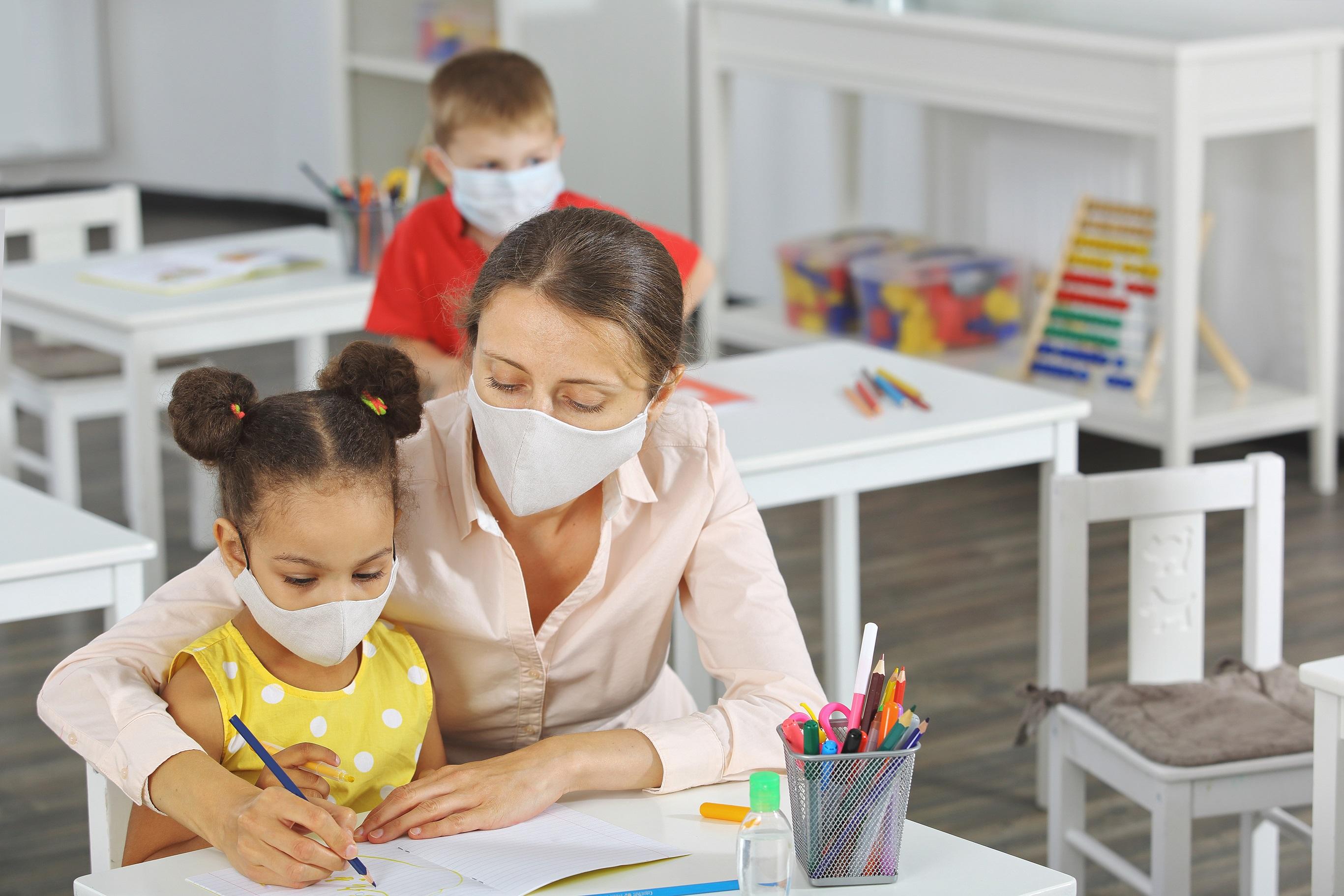What does COVID-19 mean for education personnel in Europe?
The COVID 19 outbreak is a public health crisis quite different than anything Europe has faced for many years. As education personnel and their trade unions grapple with the outbreak, we are supporting and informing member organisations in any way we can.

< For the latest updates, click on the corresponding menu on the left
____________________________________________________________
Europe is facing an unprecedented public health crisis with huge consequences for the education sector and its workers. Efforts to slow the spread of COVID-19 have resulted in the closure of many schools and other education institutions. Teachers and other education personnel are striving to keep themselves, their students and their communities safe, while adapting to a rapidly changing context for teaching and learning. The ETUCE family of education trade unions are doing excellent work to inform their members and ensure that the wellbeing and fair treatment of staff is not forgotten.
Get in touch
The ETUCE Secretariat sends solidarity to all teachers, academics and other education personnel and their education trade unions as they react to and tackle this unprecedented crisis. We invite ETUCE member organisations to inform the ETUCE Secretariat about the challenges you face, how you are responding, which good practices you have developed and can share with colleagues, as well as your needs for support from the ETUCE family. Contact ETUCE at This email address is being protected from spambots. You need JavaScript enabled to view it..
COVID-19 across Europe
The COVID-19 outbreak is affecting Europe’s education personnel in many aspects of their work, with a great variety of experiences between countries and sectors. Education trade unions are taking action on all of these issues.
Closure of schools, universities and education institutions: UNESCO reports that most schools and universities in Europe are closed. However, the pace and scope of closures has varied greatly with some countries preferring localised reponses. Teachers, academics and other education personnel in some countries are being told to work from home, while others are expected to be in school, college or university to do non-teaching work or run services to care for the children of workers providing essential services.
Health and Safety: Social distancing and closures of schools, universities and other education institutions are recommended and enforced, but some education personnel professionals are still required to be present at work. Their duties include watching over the children of key workers, potentially at the expense of their own social distancing and health and safety. It is alarming that some member organisations are reporting that these colleagues, who are making a crucial contribution to the collective effort, are often not provided with the protective equipment recommended by health and safety authorities.
Pay and working conditions: Governments are bound to ensure that publicly employed education workers continue receiving their full salaries, when working from home or when they are ill and unable to work. This should also be the case for education professionals employed in private education institutions. In this highly pressured period, it is vital that the rights of education workers are upheld. Any measures must not only maintain salaries, they must also avoid increased workload, long working hours and protect privacy and the right to disconnect.
Industrial relations and social dialogue: ETUCE member organisations are standing up for the rights, safety and wellbeing of education workers across Europe. They are an essential element of the answer to this current crisis: contacting and liaising with the authorities, keeping their affiliates informed of the latest information, listening to and answering their concerns, and advising them on their rights. As such, education trade unions should be involved and consulted at all stages of the formulation of measures specific to the education sector. Meaningful social dialogue is key to the protection of education workers and maintaining morale among the education workforce. Experiences on the ground vary greatly, with some governments involving trade unions fully in the development of COVID-19 measures for the education sector, while others act without even informing them.
Distance teaching and learning: In many cases staff have been asked to ensure the continuity of learning by working from home to deliver distance teaching. Television and radio channels in some countries are broadcasting educational content to support distance teaching and learning. Many teachers and education personnel are experimenting with online and digital tools. However, connectivity issues and technical failures of online classroom software have been reported, adding on the inherent pedagogical difficulties of abruptly switching to remote teaching methodologies. It is clear that staff need ample support if they are to carry out distant teaching. The views and input of education trade unions should be central to the design of the distance teaching and learning measures at all relevant levels: local, regional, and national.
Social equality and vulnerable learners: Remote teaching also raises some pressing issues regarding equality and inclusion. For instance, not all students have access to quality equipment and connectivity at home. Some students are less able than others to exercise the same level of self-discipline and autonomy essential to follow lessons remotely and perform homework over long periods without face-to-face interaction with teachers. In general, successful remote or distance teaching depends heavily on parental monitoring and assistance – especially for younger learners. This risks creating or widening inequalities in student outcomes, as not all have parents who will be able or available to fulfill that role effectively.